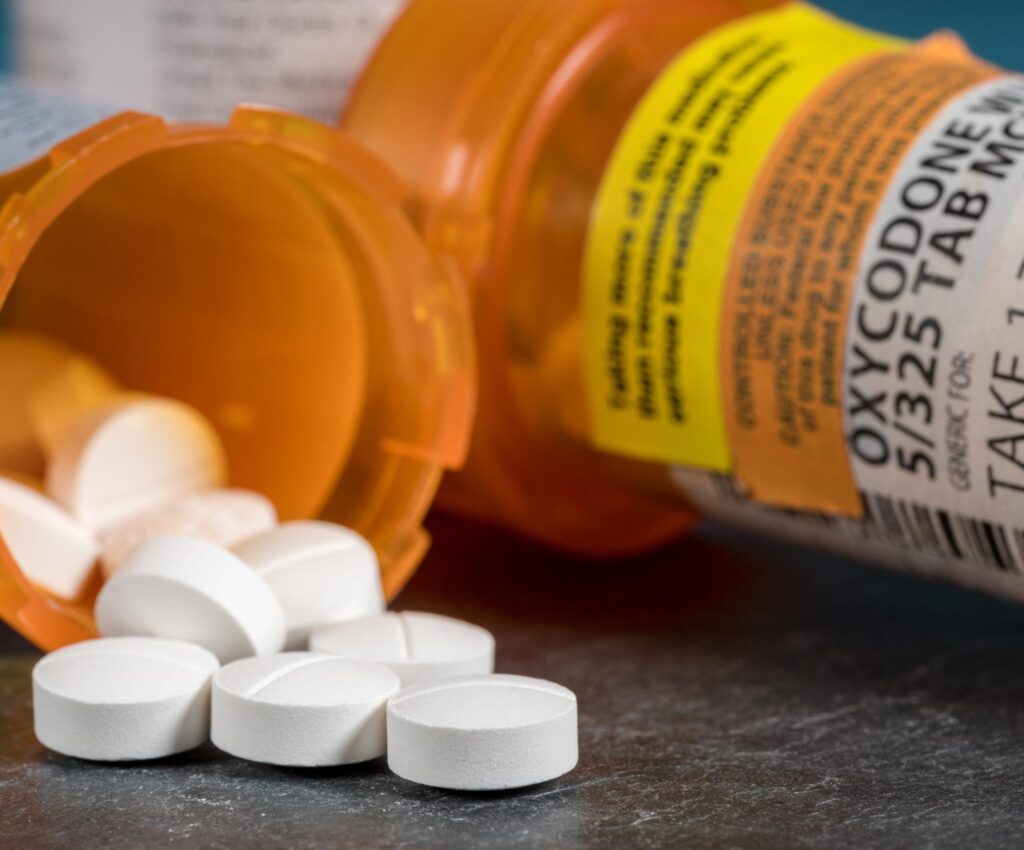Living with chronic pain can be incredibly challenging, and it can often lead to opioid addiction and dependency on pain medications. What starts as a legitimate use of prescription medications can escalate to a substance abuse disorder. Some people also use illicit drugs or alcohol to numb chronic pain.
If you or someone you love is struggling with chronic pain and addiction to painkillers or other substances, Adelante Recovery Centers can help. We also specialize in treating opioid use disorder. We offer comprehensive treatment options for people seeking addiction treatment plus chronic pain management in California. Adelante’s evidence-based addiction treatment programs are complemented by a range of holistic therapy options, administered by skilled wellness providers.
Chronic pain is persistent pain that lasts for weeks, months, or even years beyond the expected period of healing. Unlike acute pain, which signals immediate harm or injury, chronic pain continues long after the initial cause has been treated or resolved. It can stem from various conditions, such as arthritis or nerve damage, and often impacts a person’s daily activities and overall quality of life.
Living with chronic pain affects not only physical well-being but also a person’s emotional and mental health. It can lead to feelings of frustration, anxiety, and depression, as the constant discomfort can be overwhelming and exhausting.
Managing chronic pain requires a comprehensive approach that combines medical treatments with physical therapy, lifestyle changes, and psychological support. People struggling with dependency to pain medications may need opioid addiction recovery services.

Individuals managing chronic pain with prescription opioid medications are at a higher risk of developing addiction and physical dependence on these drugs.
Some people are especially susceptible to addictive substances, due to a combination of genetics and other factors. But people with chronic pain are far more likely to develop an addiction to opioids and other addictive substances, perhaps as part of an effort to control pain on a daily basis. As addiction worsens, some people switch to street illicit drugs like heroin out of desperation when they can no longer get their prescription drugs or can’t get enough to avoid severe withdrawal symptoms.


A person with chronic pain who has a substance use disorder and is addicted to painkillers or other substances may show the following signs:
Chronic pain management can be a multi-year effort, and discovering the cause of the pain may require multiple surgeries or treatments. Dealing with an addiction may be the last thing a chronic pain patient expects or wants to deal with.
But it’s a worthy use of time to address the addiction before it grows too severe, so that the individual’s overall healing and day-to-day wellness can remain the goal. Addiction can happen to anyone, and it’s nothing to be ashamed of. It is a display of strength to reach out for help with an addiction.
If someone is dealing with chronic pain, they may be ingesting different medications every day to manage symptoms. Various body functions (such as breathing or mobility) can be affected by chronic pain on a daily basis. Healthcare and wellness regimens can take up a lot of time and maintenance, and regular consumption of pain medication may develop without the patient realizing it’s happening.
For many people, the only thing worse than experiencing chronic pain with addiction is experiencing even worse pain. They may be reluctant to give up an addictive substance because of the temporary pain relief it offers. But sustainable pain management requires sustainable solutions for both chronic and acute pain, something that addictive substances will not provide. Chronic pain patients may also develop a physical tolerance for addictive substances, ensuring that they will need more of the substance to feel relief.
Even when people are careful with medication and pain management routines, tolerance and addiction can still develop. Chronic pain patients may see it as a moral failing to develop an addiction, or a sign of irresponsibility within treatment. Admitting to craving more pain medication or experiencing withdrawal may feel like admitting defeat for some patients. It could also be a massive blow to their self confidence, where they feel that they weren’t “tough enough” to deal with their pain without becoming physically dependent on substances.

Treating pain and addiction is a complex process. But with the right treatment plan, it is possible to overcome addiction and manage chronic pain. Opioid dependence is a significant concern that requires specialized treatment approaches not always necessary when treating addiction to other substances.
For patients struggling with opioid addiction, our team may recommend medication-assisted treatment with FDA-approved medications to help manage withdrawal symptoms and block the euphoric effects of opioids, such as methadone treatment, buprenorphine (Subutex), or naltrexone.
It’s important to know that these medications are designed to not substitute one addiction for another. The dosages prescribed do not produce a high, but rather help reduce opioid cravings. If an individual is not in pain due to withdrawal symptoms, it’s possible for them to think more critically about treatment and how their pain is affected without being distracted or influenced.
Depending on needs and preferences, it’s possible to use pain relief medications in combination with other therapies to address chronic pain while healing from addiction. These may include:

No two people respond to individual treatments in exactly the same way. For example, one person may do very well with a combination of ibuprofen for pain, yoga and meditation for anxiety, and cognitive behavioral therapy (CBT) to reframe negative thoughts. But others may not find alternative treatments helpful, or may not desire to take medication at all.
The key is to find the right combination of treatments and therapies that work for you, and that will work for you over time. At Adelante, we work closely with individuals to learn about their needs and goals, taking into account health history and other life factors.
It may seem impossible to combat chronic pain without the use of addictive substances. but with a dedicated team, sustainable solutions can be found. Our team will help you manage your pain through comprehensive pain management programs without the use of addictive substances. If there’s a specific treatment you need that we don’t provide at our recovery center in Southern California, we will refer you to a reputable local treatment provider near Corona del Mar.
Addiction recovery from substance use is possible with the right help. Adelante’s addiction treatment programs and substance abuse programs offer comprehensive care you or your loved one needs to live well without addiction. Chronic pain shouldn’t stop you from living your best life. Contact us to learn more.

If you or a loved one are in need of help with addiction, contact us today. Our professional and friendly addiction specialists are able to answer your questions and get things moving in the right direction.
"*" indicates required fields
Adelante Recovery Center is here to help those battling drug and alcohol addiction. We are located in beautiful southern California and welcome those from across the country.
49 Montecito Dr, Corona Del Mar, CA 92625
Phone: (949) 978-0797
Fax: (951) 406-0013
Open 24/7
Adelante Recovery Center is here to help those battling drug and alcohol addiction. We are located in beautiful southern California and welcome those from across the country.
Adelante Recovery Center
49 Montecito Dr, Corona Del Mar, CA 92625
Phone: (949) 978-0797 Fax: (951) 406-0013 Open 24/7